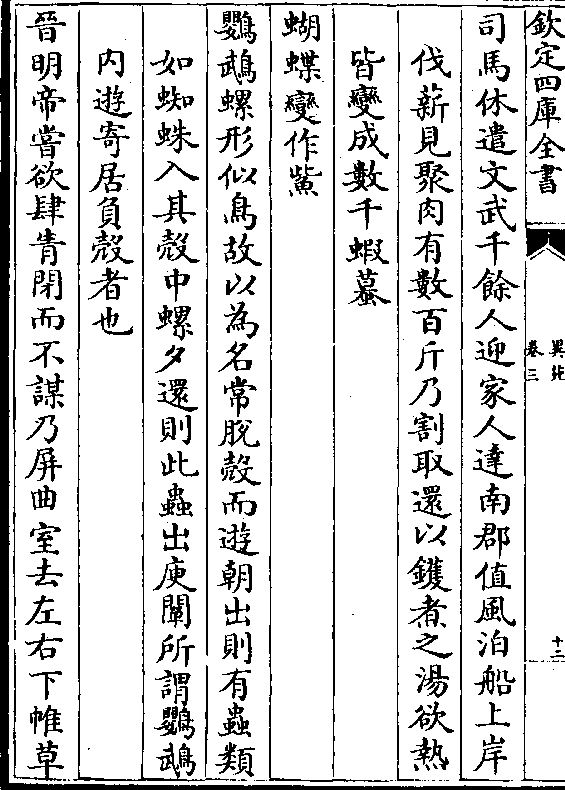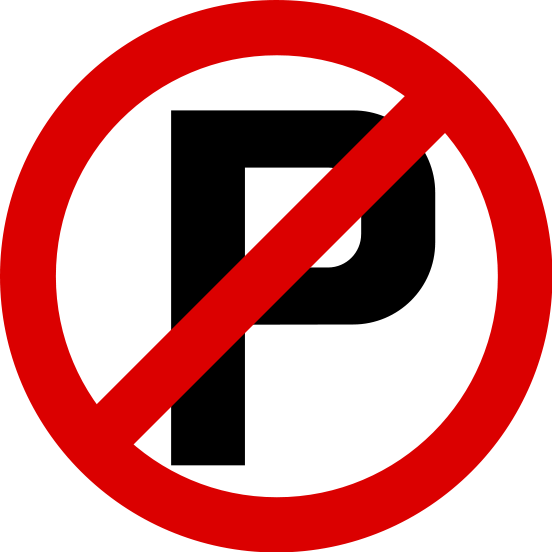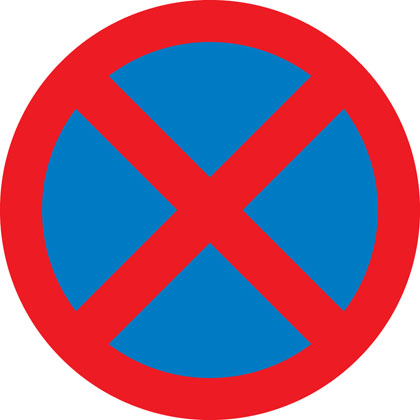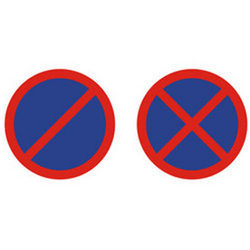泊 has the meaning of stop, which was used in term "泊船" (put a boat ship alongside quay / land), and "泊車" (stoping a chariot / car). both terms appeared in literatures of yore, describing the stopping status of vessels, or vehicles.
"泊船" was used in the book "異苑" volume 3, by mr 劉敬叔 of 劉宋 dynasty (420-479)

"泊車" was used in the book "孫可之集" volume 5, by mr 孫樵 of 唐 dynasty (618-907)
樵起耒而遊﹒泊車而休﹒登降信宿
https://zh.wikisource.org/wiki/孫可之集_(四庫全書本)/卷05
here, "泊車" had the meaning of "stopping a vehicle" (i guess it's chariot).
though 泊 (u+6cca) in cantonese can be pronounced as paak3, sound file, it's a deviation. in 廣韻, 泊 is 傍各切, which is bok6 :)
i would say that "parking" is translated to 泊 originally (according to the meaning), then with the influence of english, the cantonese pronunciation of "泊" (bok6) derived another pronunciation paak3, to stimulate the english pronunciation of "park".
泊 is not phonetic loan from "parking"
have fun :)





